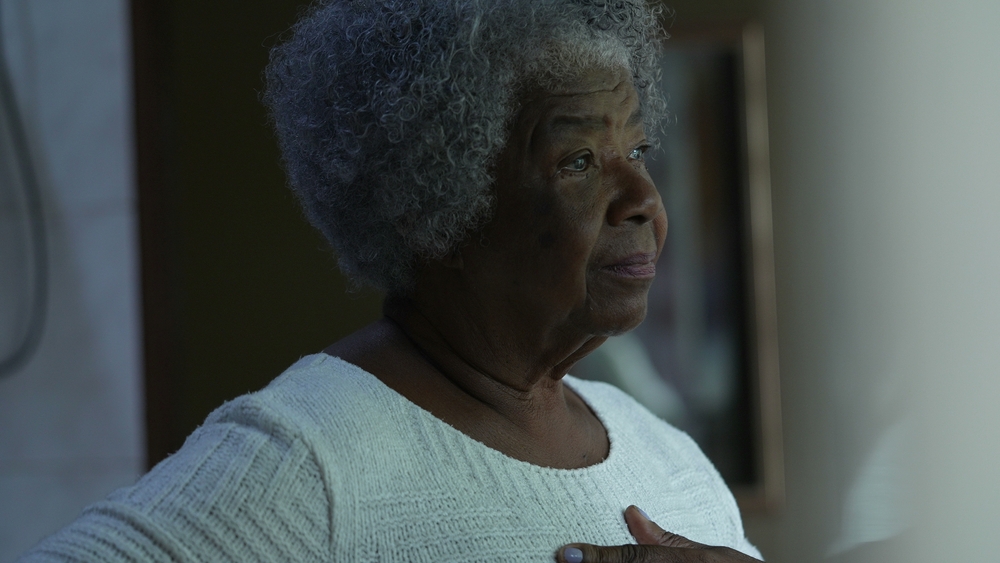How To Know When Your Loved One Is Sundowning

Most people understand that people with dementia have their good days and their bad days. What’s less known is that the symptoms of dementia can also be affected by the time of day. Researchers named this phenomenon sundown syndrome, and it’s fairly common among people with Alzheimer’s disease. But what causes sundowners, and what can be done to help your loved ones manage it?
What is Sundowning?
Sundowning is one potential symptom of dementia. According to the Alzheimer’s Association, approximately 20% of people with Alzheimer’s will experience sundown syndrome. It’s usually occurs during the middle stages or later stages of dementia, which is part of the reason why sundowners syndrome in the elderly is relatively common.
Sundowning symptoms commonly include feeling restless, irritable, agitated, disoriented, suspicious, demanding, or confused. They sometimes include pacing, shouting, visual hallucinations, and mood swings.
Learning how to know when your loved one is sundowning can be difficult; you probably noticed these symptoms look identical to the typical symptoms of dementia. But when symptoms tend to get worse at night, there’s a good chance sundowning is involved.
Why Does Sundowning Occur?
Much like dementia, sundowning is not totally understood. Some researchers have suggested it could be the result of Alzheimer’s interfering with the body’s circadian clocks, but the truth is that nobody knows for sure.
What we do know is that there appear to be several triggers. One of the most common is fading natural light over the course of a day. Symptoms may worsen as the light fades, and then generally subside when the sun returns in the morning.
Additionally, sundowning seems to occur more often in patients who are experiencing pain, depression, boredom, or preexisting sleep problems. Feeling hungry, thirsty, or fatigue can also increase the chance of sundowning being triggered.
Sundowning Treatment
It’s typically not possible to completely stop sundowning, but you may be able to take steps to manage it. For instance, if you help your loved one develop routines, those routines can help prevent the stressful feelings that can contribute to sundowning. Stick to a schedule, and try to adjust routines as gradually and infrequently as you can.
Because light is a common trigger, consider placing full spectrum fluorescent lights thought the areas where your loved one spends their time. You might also consider running these lights on a timer, so they automatically turn on when natural light starts to dim.
Because sundowners in elderly adults can lead to missing sleep, and fatigue can contribute to future sundowning, it’s easy to create an unhealthy cycle of habits. If possible, encourage your loved one to stay active during the daytime, which can help a person more easily fall asleep at bedtime. It can also help to quit drinking caffeinated beverages.
Taking Care of Everyone
Sundowning can be equally stressful for caretakers. That can be a problem because caregivers who become tired or agitated may give off non-verbal cues which hint at their anxiety or distress. People with dementia may pick up on those cues, leading to confusion or anxiety, and triggering the various symptoms of sundowning. In short, you’re far better equipped to take care of others when you’re healthy and rested.
With the kinds of tips outlined above, it’s possible to take steps to help loved ones cope with these kinds of challenges. But if sundowning persists, consider seeking medical advice. You may discover that side effects of medications are contributing to the problem, or that prescription medication can be used to help.
Subscribe
Date: 2019-07-09


